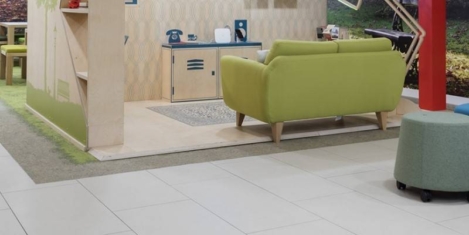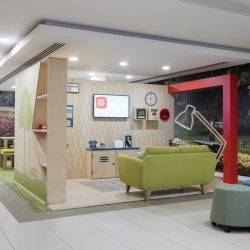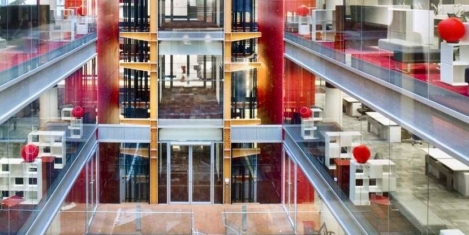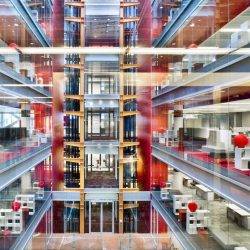October 18, 2017
Calls for commercial property sector to have a greater focus on customer experience
 The UK commercial property industry is undergoing a fundamental shift towards a more customer centric approach, with an increasingly greater emphasis being placed on delivering outstanding customer service to occupiers. This is the key finding of a new report from The British Council for Offices (BCO) entitled ‘Office Service Standards and Customer Experience: a best practice guide’. While for those who hold a very traditional landlord occupier relationship this change in thinking, attitude and operation may feel revolutionary, the report argues we are already seeing the industry evolve across the board. It claims that this is accelerated by new ‘property sector disruptors’, who are driving a shift in the relationship between property owners and corporate occupiers. To ensure they are keeping pace with their changing requirements and aspirations, property owners and managers are increasingly realising the need to invest in building strong relationships with their occupiers
The UK commercial property industry is undergoing a fundamental shift towards a more customer centric approach, with an increasingly greater emphasis being placed on delivering outstanding customer service to occupiers. This is the key finding of a new report from The British Council for Offices (BCO) entitled ‘Office Service Standards and Customer Experience: a best practice guide’. While for those who hold a very traditional landlord occupier relationship this change in thinking, attitude and operation may feel revolutionary, the report argues we are already seeing the industry evolve across the board. It claims that this is accelerated by new ‘property sector disruptors’, who are driving a shift in the relationship between property owners and corporate occupiers. To ensure they are keeping pace with their changing requirements and aspirations, property owners and managers are increasingly realising the need to invest in building strong relationships with their occupiers









 The quality of the cycling facilities being offered by many workplaces are currently falling short and risk undermining a Government drive to increase the number of people cycling to work; as according to new research published by the British Council for Offices, 16 percent of office workers claim that inadequate facilities are discouraging them from considering commuting by bike. In April, the Department for Transport stated an aim to double the number of cycling stages, defined as a change in the form of transport as part of a longer “trip” (e.g. cycling to the train station before catching a train to work), from 0.8 billion stages in 2013 to 1.6 billion in 2025. However, new research, commissioned by the British Council for Offices and carried out by Remit Consulting, finds that whilst 83 percent of workplaces in the UK offer some form of bike storage, less than half (47 percent) of this is covered and secure. Improved parking facilities could help increase numbers of those cycling to work, with 16 percent of office workers surveyed saying that better bike storage would encourage them to do so.
The quality of the cycling facilities being offered by many workplaces are currently falling short and risk undermining a Government drive to increase the number of people cycling to work; as according to new research published by the British Council for Offices, 16 percent of office workers claim that inadequate facilities are discouraging them from considering commuting by bike. In April, the Department for Transport stated an aim to double the number of cycling stages, defined as a change in the form of transport as part of a longer “trip” (e.g. cycling to the train station before catching a train to work), from 0.8 billion stages in 2013 to 1.6 billion in 2025. However, new research, commissioned by the British Council for Offices and carried out by Remit Consulting, finds that whilst 83 percent of workplaces in the UK offer some form of bike storage, less than half (47 percent) of this is covered and secure. Improved parking facilities could help increase numbers of those cycling to work, with 16 percent of office workers surveyed saying that better bike storage would encourage them to do so.

























July 24, 2017
Employers have a growing responsibility to provide staff with cycling facilities
by Peter Ferrari • Cities, Comment, Property, Wellbeing
More →